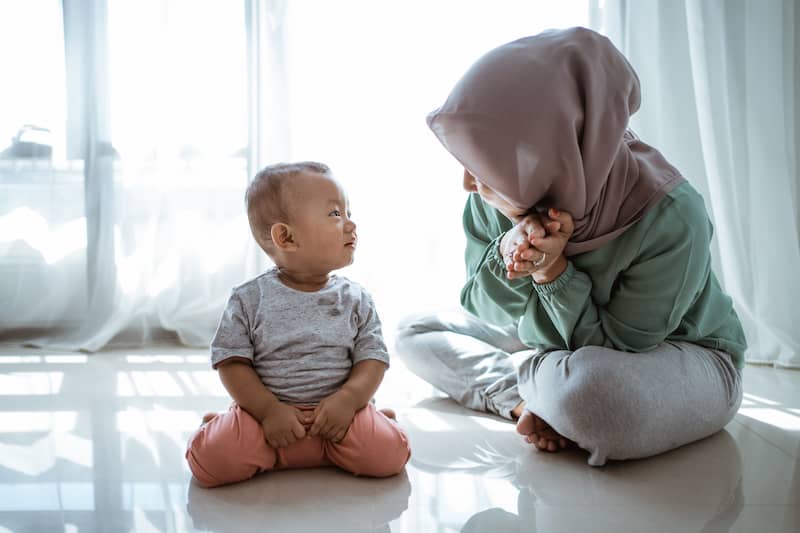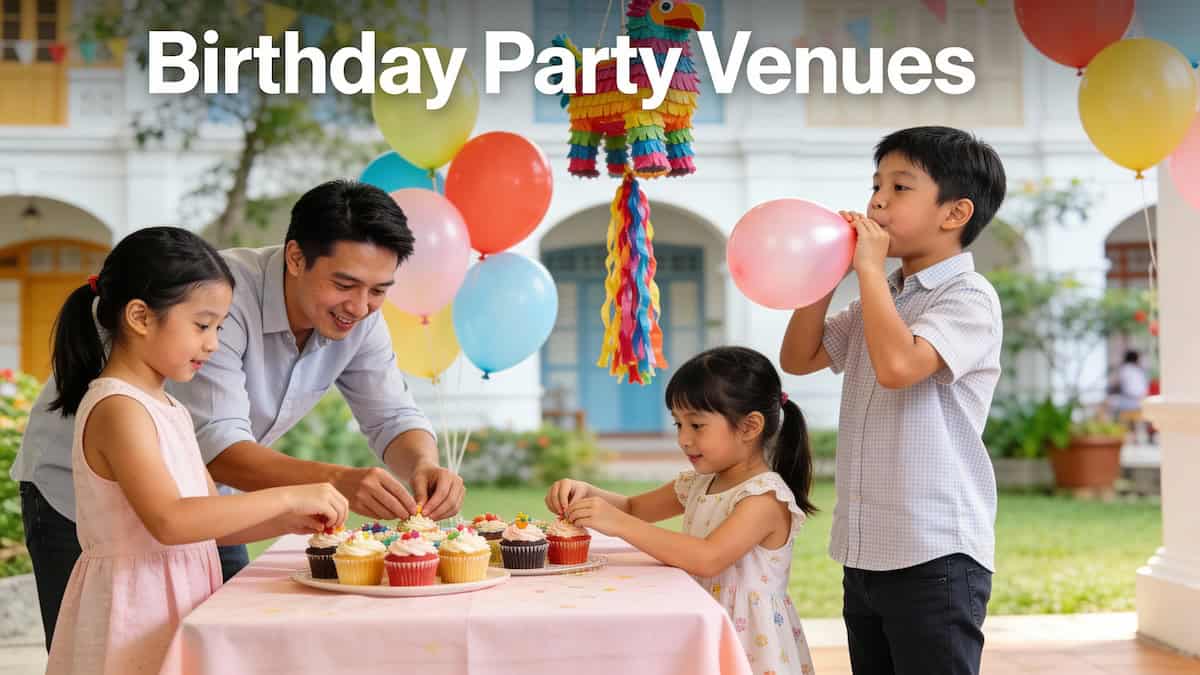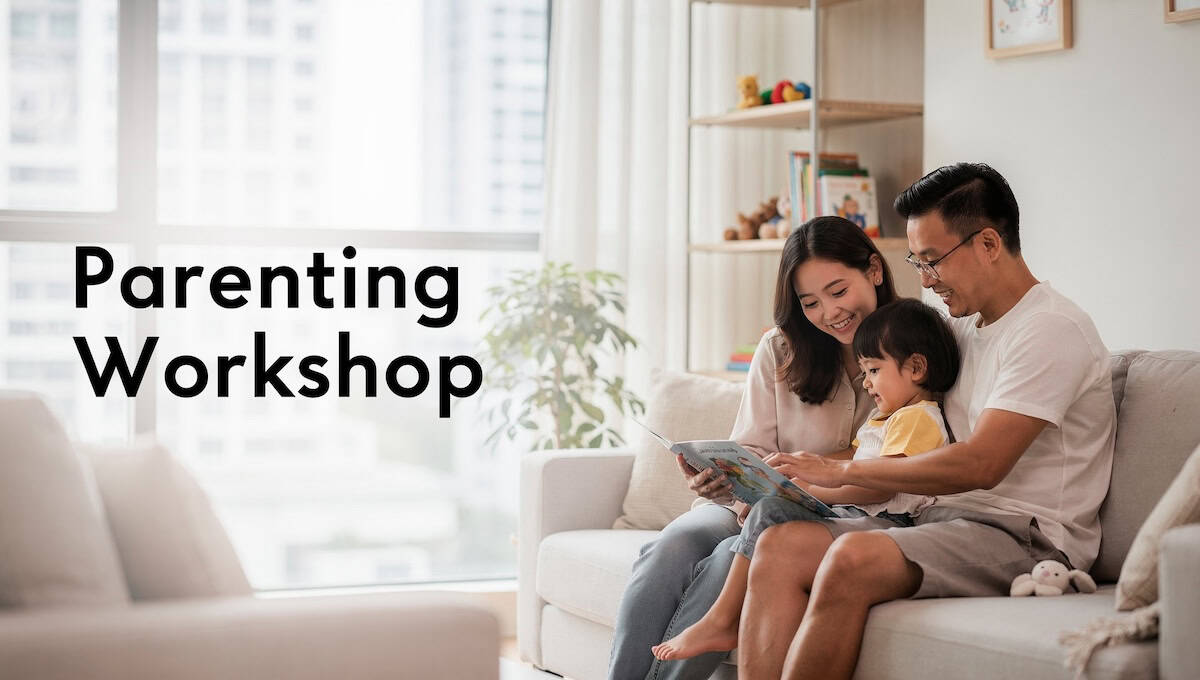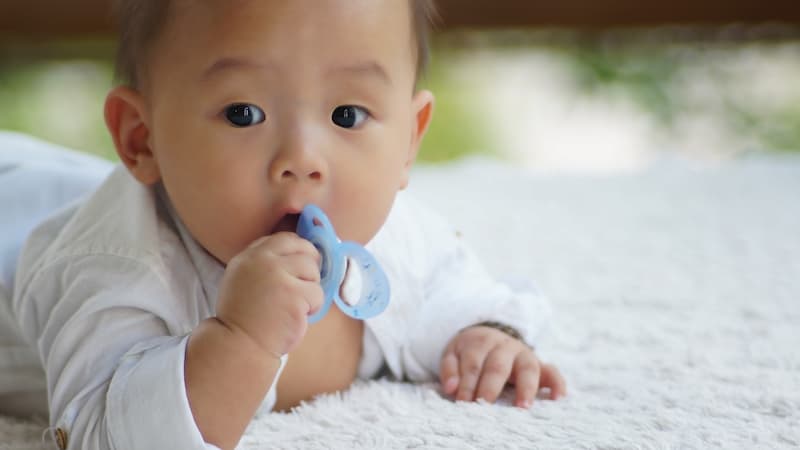Developing conversation skills in children is essential to their growth and development. It can help them to become better communicators, build relationships with others, and understand the world around them.
Parents play a critical role in teaching these skills to their kids. In this article, we’ll explore practical ways parents can guide their children in developing solid conversational abilities.
We’ll look at how to foster communication from early childhood through adolescence so that your child has the confidence to engage with people of all ages.
Introduction To Conversation Skills
Many people think teaching children conversation is too much of a hassle and time-consuming. But the truth is, having good conversational skills from an early age can positively impact their development and future success.
Therefore, parents need to take the initiative in helping their kids develop these conversation skills. With that, they can communicate their idea with respect and hear what others say to them effectively.
Listening attentively, speaking respectfully, and being mindful of body language make up essential conversation skills children should learn as soon as possible.
Good communication boosts confidence and helps them build strong relationships with peers and adults. Moreover, it gives them invaluable tools for handling difficult situations now and in the future.
Allowing your child to practice and hone these abilities will help ensure they are well-equipped to successfully talk and interact with others. With this in mind, let us discuss the importance of conversation for children.

The Importance Of Conversation For Children
Conversation is an integral part of any child’s development. Being able to talk, listen and answer questions helps children to engage with the world around them. It also builds their confidence in expressing themselves. It gives them a better understanding of what others may be feeling or thinking.
Conversation encourages children to think before speaking, helping them develop respectful interactions with others. Listening plays an equally important role in conversations as talking does; it allows us to understand each other’s perspectives and build meaningful relationships.
Encouraging your child to use words that accurately describe what they mean, asking questions about topics that interest them, and paying attention when someone else speaks are all great ways to practice having good conversations. Through regular conversation, your child will gain both verbal communication skills and social-emotional intelligence – two essential tools for navigating life.
Developing Respectful Interactions
Developing respectful interactions is essential to developing conversational skills in your children. Talking to them about respecting others and speaking kindly can help cultivate positive communication habits from a young age.
Children need to understand that every person has something valuable to say, even if they disagree, so teach your kids to be interested in what other people say- this will foster healthy relationships and create an environment where everyone feels heard and respected.
Encouraging polite language is also crucial – having good manners should always be employed when talking or interacting with others.
Teaching your child how to listen and respond effectively is equally important as teaching them how to speak. By listening attentively while someone else speaks, they learn empathy and gain insight into different perspectives, which helps them develop their own point of view on various topics.
Model active listening by repeating statements made by the speaker; this shows understanding and appreciation for the conversation. Additionally, making eye contact and maintaining open body language creates an inviting atmosphere that encourages further dialogue between those involved.
Moving forward into the next section, we’ll discuss how to respond effectively and listen to your children to help them develop conversational skills.
How To Listen And Respond Effectively
Humans innately use speaking and listening as the two most prominent tools for communication. Unsurprisingly, when practised properly, these two skills can result in successful conversations between people.
One way to teach our children how to develop conversational skills is by teaching them the importance of respectful interactions and effective listening and responding.
An allegory that best explains this concept to young children is that a conversation is like an overflowing river surrounded by rocks. The water will flow freely without interruption if it’s not dammed up or blocked. To ensure this happens, both parties must listen carefully so that one person doesn’t monopolise the conversation with their thoughts. So instead, each person takes turns talking and listens intently while the other speaks.
Such an explanation helps create meaningful conversations rather than just talking at each other, which is more difficult for everyone involved because there may be misunderstandings about what was said or heard.
For conversations to work smoothly and effectively, every participant must feel comfortable enough to speak openly without fear of judgement from either side.

Understanding The Difference Between Conversation And Talking
Parents must understand the difference between conversation and talking when developing conversational skills in their children. While these terms may seem interchangeable, there are significant differences between them that can have an impact on a child’s development.
Conversation involves the exchange of ideas with others and requires active listening. However, talking consists merely of sharing information without engaging or being interested in someone else’s words.
Parents should be concerned if they notice that their child only talks but does not converse because this indicates a lack of engagement with others.
Encouraging your child to engage in conversations instead of just talking will help foster social skills like communication and empathy and create an environment for healthy self-expression and growth.
Creating opportunities for your child to chat about experiences and interests helps build their confidence so they feel comfortable discussing topics with peers or adults outside the home setting.
By understanding the distinction between conversation and talking, you can begin to nurture your child’s ability to communicate effectively through meaningful dialogue.
Moving into ways to make a conversation interesting and fun will further develop conversational skills in your children.
Ways To Make Conversation Interesting And Fun
Building conversational skills in children is a long way from the challenge you might think.
Teaching your little ones how to carry out an interesting conversation can be quite helpful — and even fun!
After all, children have so much insight into their own worlds that they can share with others if only given a chance.
Encouraging them to participate in conversations by being inviting help to bring out those stories of adventure and discovery.
And when done correctly, this kind of bonding between adults and young people can give rise to some truly magical moments.
Allowing for these opportunities will go a long way towards helping your child develop good conversational skills throughout life.
Crafting Conversation Through Inviting Questions
Crafting conversation with your children starts with inviting questions. Not only do they help you get to know them better, but it also shows them that their ideas and opinions matter and are valued. In addition, asking questions encourages small talk, an important part of life, helping people connect personally.
- Ask open-ended questions that do not have a simple “yes” or “no” answer so conversations can continue to flow.
- Get curious about the details – Encourage your child to expand upon their answers by asking follow-up questions like ‘What made you think that?’, ‘How did that make you feel?’ These kinds of inquiries will show your kids how much interest you have in what they’re saying and hopefully inspire more dialogue between the two of you.
- Listen for cues from friends or family members – When speaking with others, pay attention to how the speaker responds, then use those comments as jumping-off points for further discussion when talking with your own children.
Through practising these techniques, your kids will develop conversational skills such as understanding body language and nonverbal communication, holding engaging conversations, and developing empathy towards others’ perspectives – all critical elements for successful interactions throughout life!
To take things one step further, teach your children how to speak confidently and clearly; this way, they can express themselves effectively no matter who they are talking to.
Speak With Confidence And Clarity
Having crafted conversation through inviting questions, it’s time to focus on speaking confidently and clearly.
For example, parents can create a safe environment where their children can practice conversing without fear of judgement or failure. This could include role-playing conversations based on situations they may encounter in everyday life.
An article written by experienced speech therapists gives excellent ideas for parents seeking guidance about starting these activities with their children.
By encouraging your children to speak up and express themselves, you will help them build self-confidence and learn the necessary skills for successful communication as adults.
In addition, developing good conversation skills now will lead to long-term benefits such as increased social interaction, improved relationships and better job prospects.

The Long-Term Benefits Of Developing Conversation Skills
Developing conversation skills in your children is essential to their overall development. It helps them to be able to express themselves clearly, learn how to interact with others and build relationships. Not only does it help them socially, but long-term benefits come from developing these skills early on.
For starters, having strong conversational abilities allows your child to better comprehend what other people say or mean when communicating something. Comprehension is especially helpful in school settings where they must actively listen and understand the materials taught by a teacher or professor.
Additionally, as adults, if they have developed effective communication capabilities during childhood, it will make it easier to articulate their thoughts accurately when applying for jobs or interviewing for positions. By arming them with good verbalisation skills now, you’re setting up your kid for success later in life.
Therefore, equipping them with the right tools at home is essential so they can get ahead. Next, let’s move on to tips and strategies to help your child develop conversation skills.
Tips And Strategies To Help Your Child Develop Conversation Skills
It’s no secret that developing conversation skills has many long-term benefits. From building relationships to honing problem-solving abilities, teaching children how to communicate effectively cannot be understated.
Now, look at some tips and strategies for helping your child develop these essential communication tools.
For starters, making time for conversations with your kids is vital. Engaging in frequent dialogue about various topics—from school work to hobbies—gives young minds exposure to different types of language and helps them form their thoughts more effectively.
Other great approaches include:
- Modelling good conversational behaviour
- Asking open-ended questions
- Encouraging creative expression through storytelling or art activities
These methods will help build verbal fluency and allow parents to get closer to their children by actively listening and engaging with them. Of course, it goes without saying that this level of engagement can have lasting positive effects on both parties involved!
Conclusion
In conclusion, conversation is a critical skill for children to learn as it helps them grow and develop. The adage goes: “It’s not what you say but how you say it.”
Developing proper conversational skills in your child can have long-term benefits that will last well into adulthood.
By taking the time to understand the difference between talking and conversations, helping your child listen effectively, speaking with confidence and clarity, and crafting meaningful dialogue through inviting questions, you are setting them up for success now and into their future.
We all want our children to be successful, so why not start by teaching them valuable communication skills today? With these tips and strategies, you can ensure your child has the tools to become a confident communicator!








